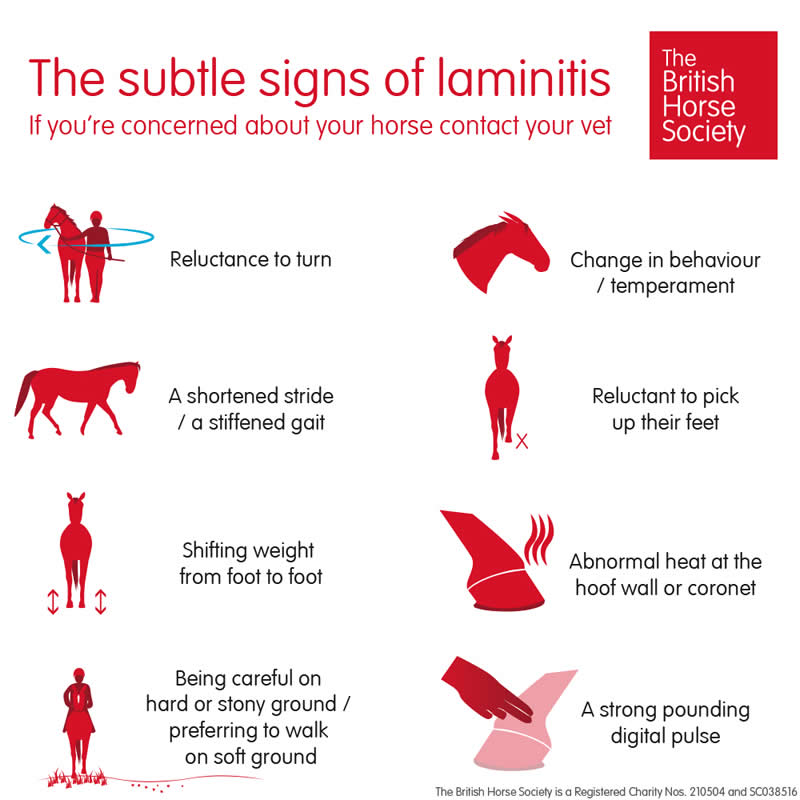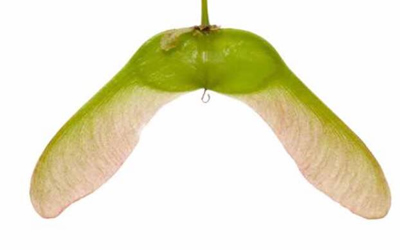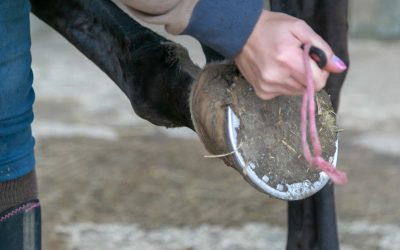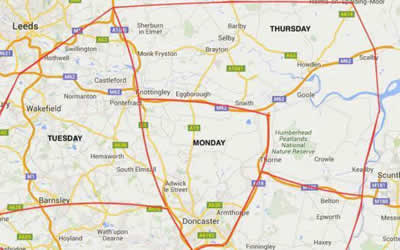A very useful warning from our friends The British Horse Society
Vets are reporting that they are seeing a sharp increase in cases of laminitis.
With the majority of the UK experiencing rain and periods of sunshine, this creates the perfect conditions for rapid grass growth.
Laminitis is an extremely painful condition and can cause permanent damage to the hooves. It affects structures called sensitive lamellae that are located inside the horse’s hoof. The sensitive lamellae form a strong bond to hold the pedal bone in place within the hoof.
Laminitis causes the sensitive lamellae to stretch, weaken and become damaged which can cause the pedal bone to move within the hoof. In extreme cases the pedal bone can even penetrate through the sole of the hoof which is excruciatingly painful. In such cases, euthanasia is likely to be the only treatment option to end the horse’s suffering.
Horses carrying excess weight or have a health condition such as Equine Metabolic Syndrome (EMS) are at an increased risk of laminitis so grazing may have to be restricted.
Watch out for the subtle signs as shown below and if you have any concerns contact us on 01977652280.
For further advice, including prevention visit: https://www.bhs.org.uk/…/horse-health-and…/laminitis
Sycamore Poisoning and Atypical Myopathy
Pasture Management of Acer seedlings in the prevention of atypical myopathy (sycamore poisoning) from hypoglycin A (HGA) toxin in horses
Winter Care Tips Feet
Constant standing around in mud can compromise the health of your horse’s feet. Ensure feet are picked out daily. It may be necessary to bring some horses in each day to allow feet to dry out. Overreach boots may become a necessity to prevent loss of shoes in sticky...
Our Zone Days
Please give at least 24 hours notice for zone visits as they are very popular and booked on a first come first served basis








